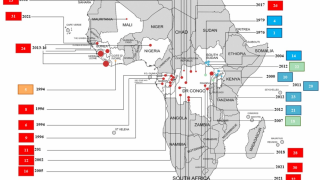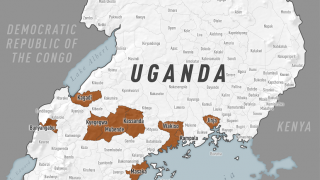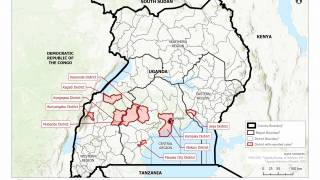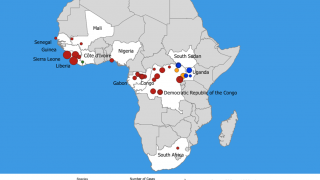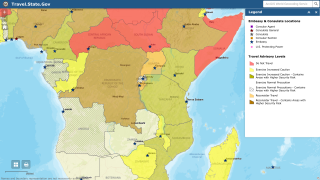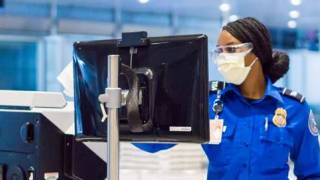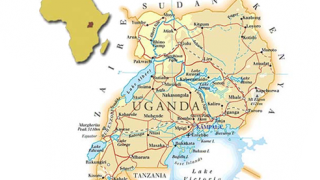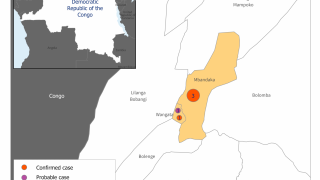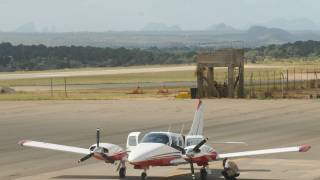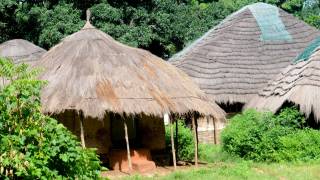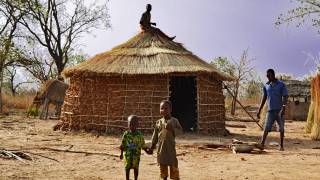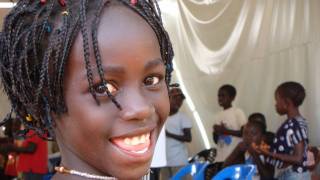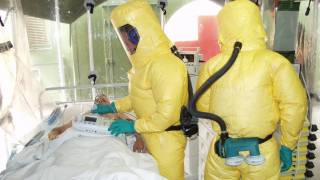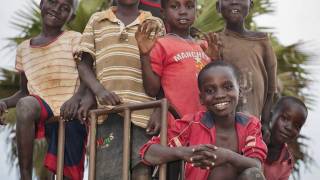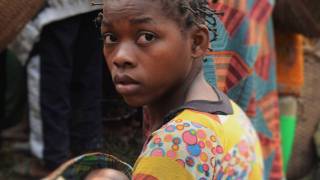Ebola Vaccine Delivered Protection for 2 Years
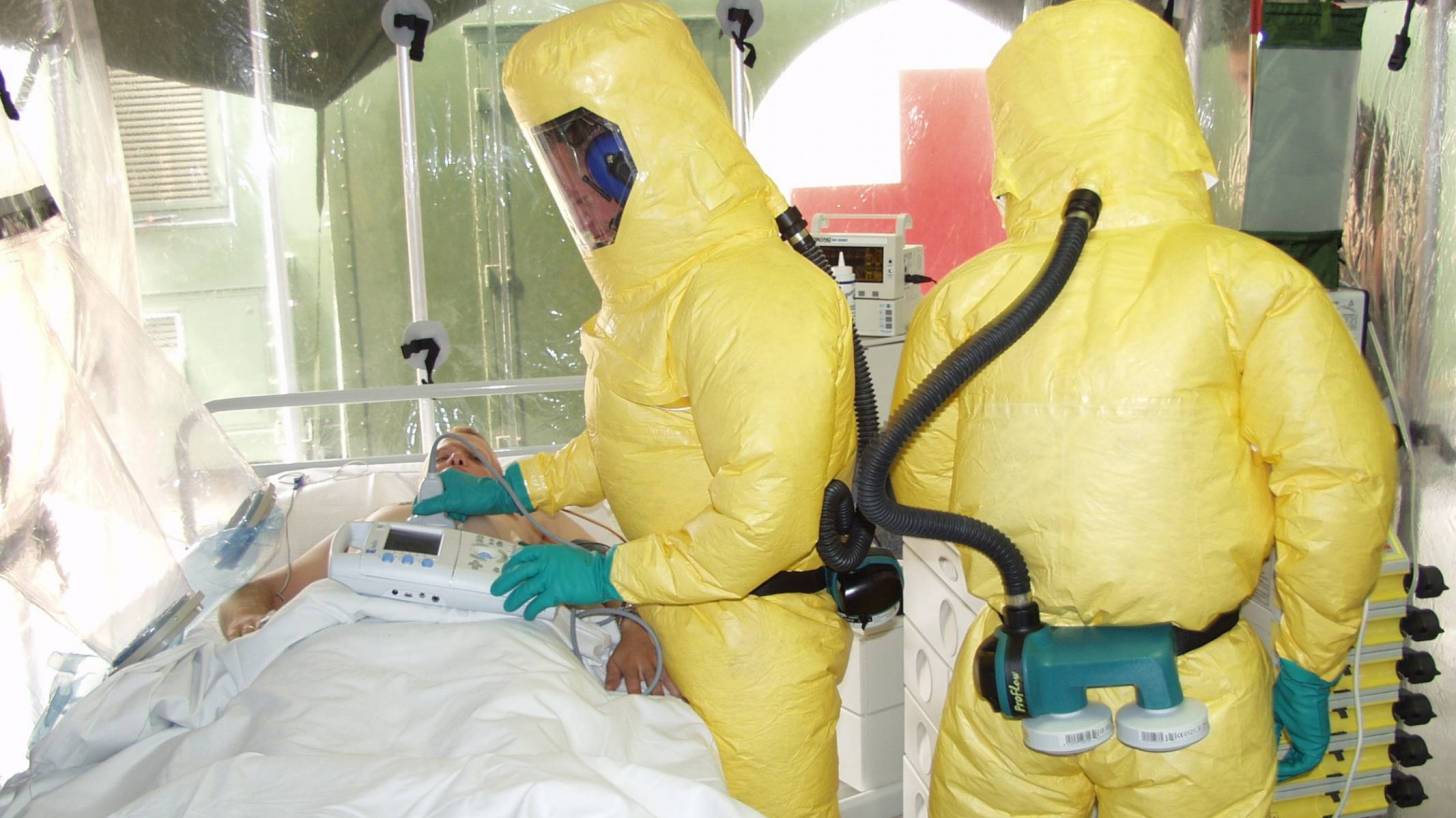
There were several Ebola virus vaccine candidates developed during the 2013–16 western Africa outbreak.
These vaccines were reported in a previous study to be well tolerated and immunogenic.
However, health officials questioned the longevity of immune responses induced by these Ebola virus vaccines.
Several types of clinical trials have been completed, but data from animal-model studies suggested immunity via these vaccines might be short-lived.
A team of researchers has now reported that one vaccine protected people from the Ebola virus for 2 years after immunization.
These researchers reported that human participants from multiple sites across Europe and Africa maintain increased Ebola virus-specific human antibody responses for 1–2 years after inoculation with a recombinant vesicular stomatitis virus (rVSV) vaccine expressing the Zaire Ebola virus glycoprotein (rVSV-ZEBOV).
Which means, this study says the antibody responses from a single-dose of rVSV-ZEBOV would be effective in controlling future Ebola outbreaks, in both an emergency response and as a longer-term protection.
This was an observational cohort study, with participants from the African and European phase 1 rVSV-ZEBOV trials, who were vaccinated once in 2014–15 with 300 000 (low dose) or 10–50 million (high dose) plaque-forming units (pfu) of rVSV-ZEBOV vaccine to assess ZEBOV glycoprotein (IgG) antibody persistence.
These clinical trials and the observational study were:
- Geneva: NCT02287480 and NCT02933931;
- Kilifi: NCT02296983 and,
- Pan-African Clinical Trials Registry (Lambaréné PACTR201411000919191).
This is good news for Merck, the vaccine manufacturer since they have been delayed in obtaining FDA approval.
***Schedule your appointment today for recommended vaccines***
In 2014, Merck partnered with NewLink Genetics Corporation in an exclusive worldwide license agreement to research, develop, manufacture, and distribute NewLink's investigational rVSV-EBOV (Ebola) vaccine candidate.
Separately, the Chinese government has approved its own Ebola vaccine named Ad5-EBOV, which was developed by the Chinese Academy of Military Medical Sciences’ Bioengineering Institute, National Research Council of Canada, and a vaccine specialist Tianjin CanSino Biologics.
In a 500-participant phase 2 trial, published in The Lancet, Ad5-EBOV elicited strong antibody responses in volunteers within 28 days. Researchers noted that the responses decreased significantly at day 168.
This finding, the research team said, is consistent with previous tests on rVSV-ZEBOV in Africa and Europe.
Our Trust Standards: Medical Advisory Committee
- Efficacy and effectiveness of an rVSV-vectored vaccine in preventing Ebola virus disease
- Merck and NewLink Genetics Enter into Licensing and Collaboration Agreement for Investigational Ebola Vaccine
- Determinants of antibody persistence across doses and continents after single-dose rVSV-ZEBOV vaccination for Ebola virus
- Final trial results confirm Ebola vaccine provides high protection against disease
- Ebola Vaccine Development Race Between the USA and China



